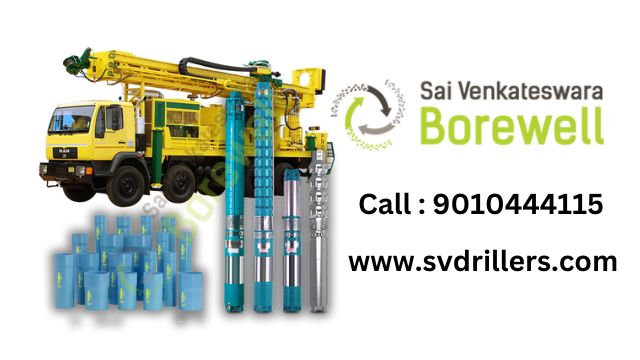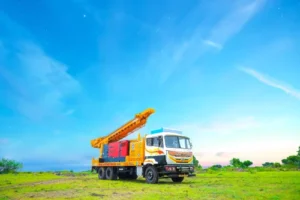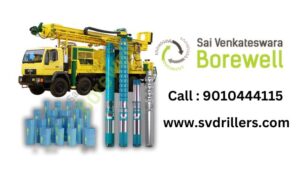Introduction
Are you considering a bore water well for a sustainable water supply? A bore water well is an excellent solution for accessing clean, reliable water, especially in areas with limited municipal supply. However, proper planning, installation, and maintenance are crucial to ensure long-term efficiency. In this guide, we’ll cover everything you need to know about bore water wells, including installation, maintenance, and water quality management.
What is a Bore Water Well?
A bore water well is a deep, narrow hole drilled into the ground to extract groundwater. Unlike shallow wells, bore water wells tap into deeper aquifers, providing a more consistent and cleaner water supply.
How Does a Bore Water Well Work?
- A borehole is drilled into the ground using specialized equipment.
- A pump is installed to extract water from the aquifer.
- The water is then filtered and stored for household or agricultural use.
Key Benefits of a Bore Water Well
- Sustainable Water Supply – Reduces dependency on municipal water.
- Cost-Effective – Lower long-term costs compared to water tankers.
- High-Quality Water – Deep aquifers often provide cleaner, mineral-rich water.
- Ideal for Rural Areas – Perfect for farms, remote homes, and commercial properties.
Essential Tips for a Reliable Bore Water Well
1. Choose the Right Location
- Conduct a hydrogeological survey to identify the best drilling spot.
- Avoid areas near septic tanks or industrial waste to prevent contamination.
2. Professional Installation Matters
- Hire experienced bore well drilling experts like SV Drillers for proper installation.
- Ensure the casing and sealing are done correctly to prevent contamination.
3. Regular Maintenance is Key
- Test water quality annually for bacteria and chemicals.
- Clean the pump and filters to prevent clogging.
- Inspect the bore well structure for cracks or leaks.
4. Water Treatment for Safe Usage
- Install filtration systems to remove impurities.
- Use UV or chlorination to eliminate harmful bacteria.
5. Monitor Water Levels
- Keep track of water table fluctuations to avoid over-pumping.
- Consider rainwater harvesting to recharge the aquifer.
Common Bore Water Well Problems & Solutions
| Problem | Solution |
|---|---|
| Low water yield | Check pump efficiency, consider deeper drilling |
| Contaminated water | Install filtration, test for pollutants |
| Pump failure | Regular servicing, replace worn parts |
| Sediment buildup | Flush the well, install a sediment filter |
Frequently Asked Questions (FAQs)
1. How deep should a bore water well be?
The depth depends on the water table, but most bore water wells range from 100 to 500 feet deep.
2. How long does a bore water well last?
With proper maintenance, a bore water well can last 20-50 years.
3. Is bore water safe to drink?
Yes, if properly filtered and tested. Regular water quality checks are essential.
4. How much does a bore water well cost?
Costs vary based on depth and location, but expect ₹50,000 to ₹2,00,000 in India.
5. Can I install a bore water well in a residential area?
Yes, but check local regulations and ensure proper permission from authorities.
Conclusion
A bore water well is a smart investment for clean, sustainable water. By following the right installation and maintenance practices, you can ensure a reliable water supply for years.
🚀 Need expert help?
📞 Call us today at +91 9010444115
🌐 Visit SV Drillers for a free consultation!
Final Keywords & URLs
- Bore water well – https://svdrillers.com/bore-water-well
- Bore well installation – https://svdrillers.com/borewell-installation
- Water filtration – https://svdrillers.com/water-filtration
- Groundwater survey – https://svdrillers.com/groundwater-survey
- Pump maintenance – https://svdrillers.com/pump-maintenance
For professional web design and digital marketing services, check out Vebnox.
By following these guidelines, you can ensure a clean, reliable, and long-lasting bore water well for your property!



